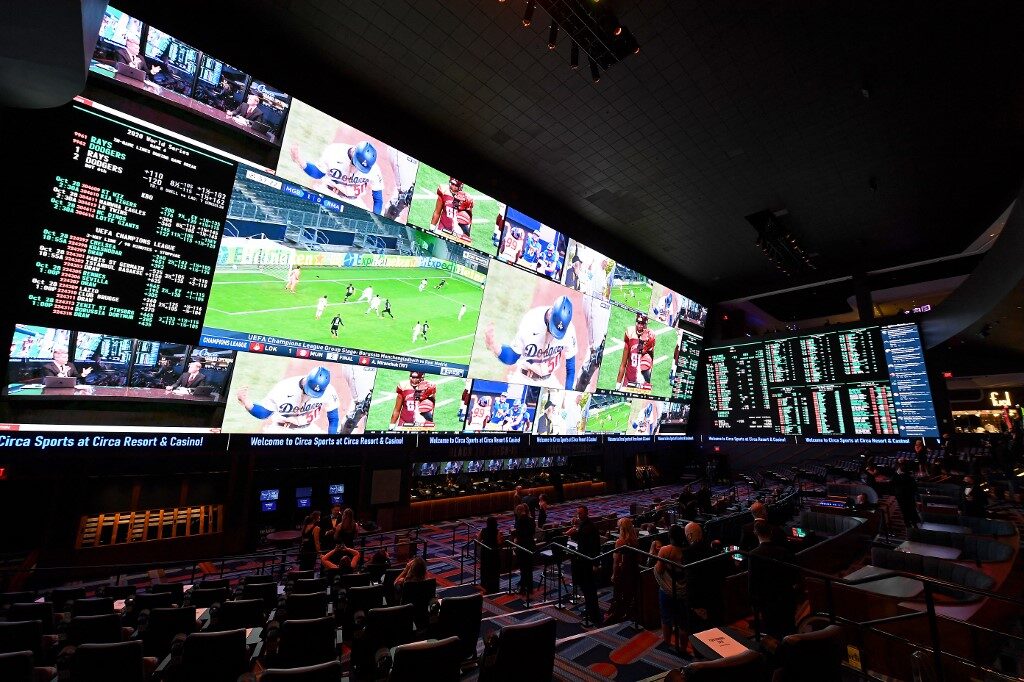Dr. Errol Cort, Antigua\’s Minister of Finance and Economy, and Karel Frielink, counsel for the Curacao\’s online gambling industry, have expressed concern that the passage of the UIGE Act could have devasting effects on the local online gambling firms, which generate as much as 80 per cent of their revenues from the US market.
Antigua\’s Director of Gaming Kaye McDonald warned local internet gambling companies to be very mindful of the legal risks involved in operating on the US market from now on. At the same time, she sees a very grey future with real implications for the loss of jobs in the online gambling sector.
“It will stand to reason that if you have to cut off the main source of your revenue, you will have to downsize,” she said.
The only positive element is that the new US law may well serve to prove Antigua’s point that the US has imposed protectionist measures in contravention of its WTO agreements, said McDonald.
The World Trade Organisation is currently reviewing existing American legislation to see if it has been brought into compliance with the international trade body’s 2005 ruling in the case between Antigua & Barbuda and the United States.
“One of the positive elements from this is that the basis for our case and the basis for the appellate body’s decision is the fact that the US had such a pervasive remote gambling industry within its borders and what this particular legislation does is further entrench or institutionalise the discriminatory measure that the US is taking,” McDonald told the Antigua Sun.
“Essentially it is allowing exemptions for interstate horseracing, for interstate remote gambling and to me that is really a protectionist bill and protectionism at its highest!”
Karel Frielink is also concerned on what US financial institutions will do with gambling transactions that do not originate in the US.
Curacao-based online gambling firms fear that even if they shift their business focus to Asia, considering that many transactions with Asian banks go through US banks, the United States may ban their financial institutions from offering services to correspondent banks involved in financial transactions related to gambling.
“In the past banks in New York have put pressure on local banks here to not engage in activities related to gambling, and we were told that they complied because they had no other choice,” Frielink said.













